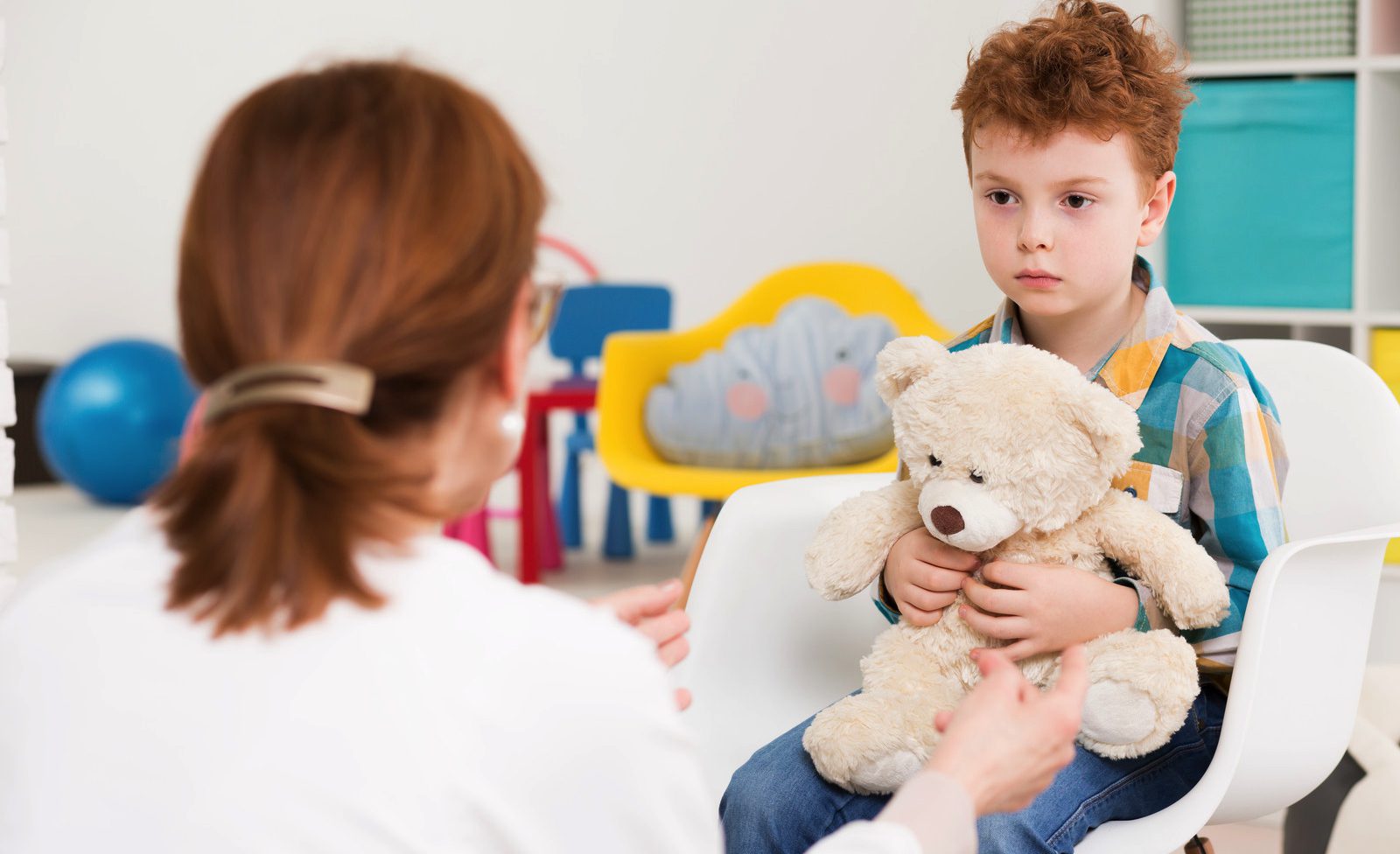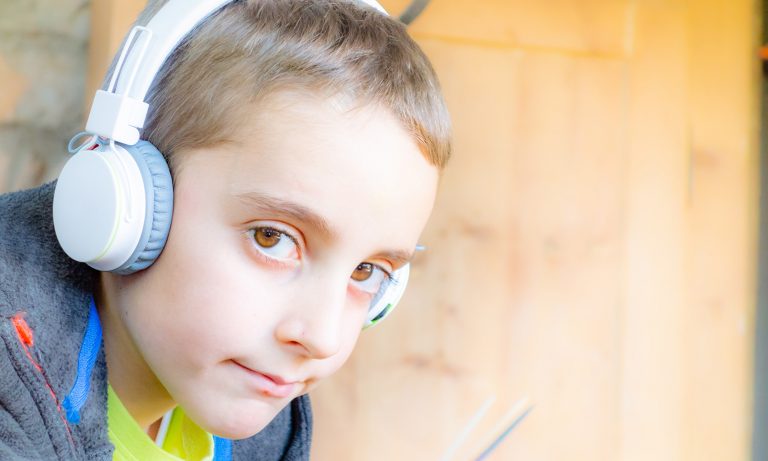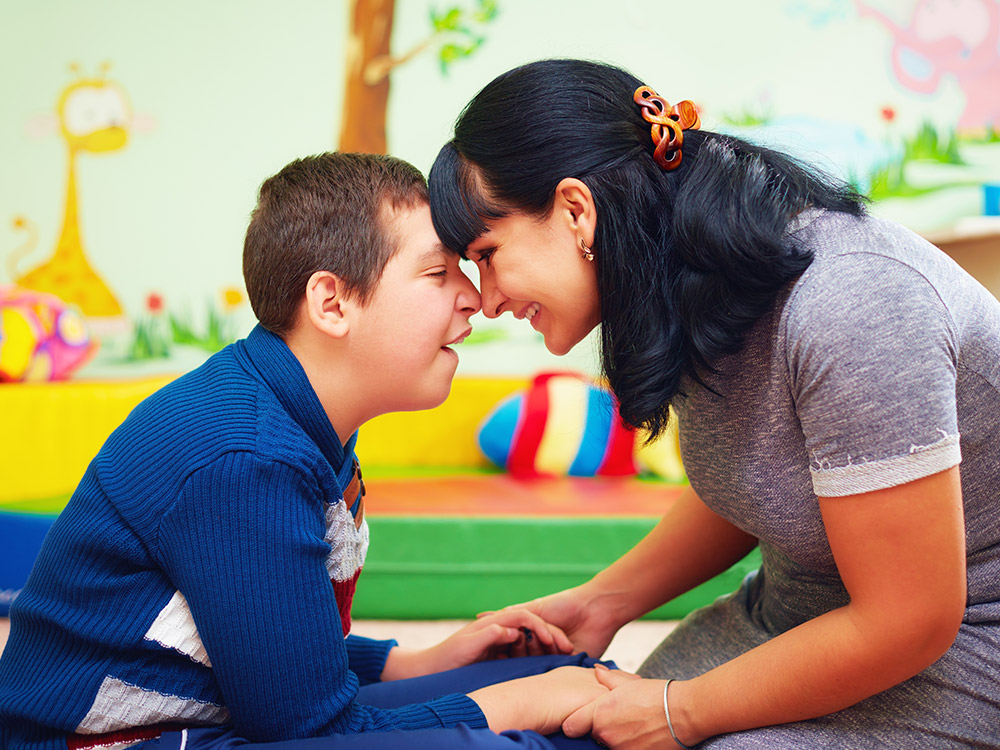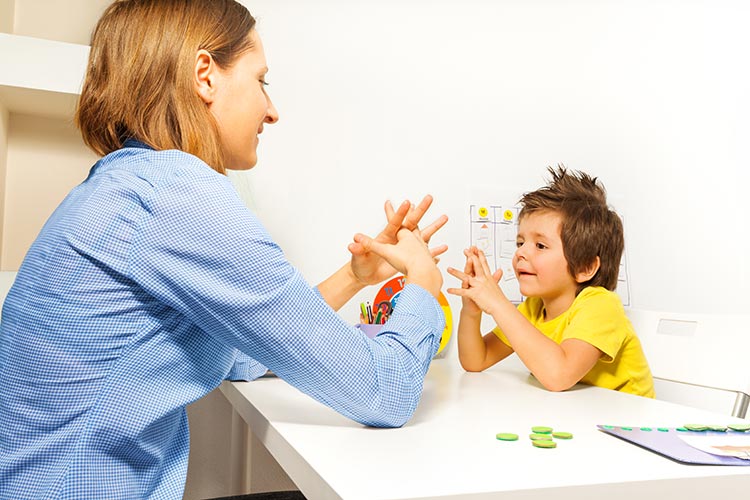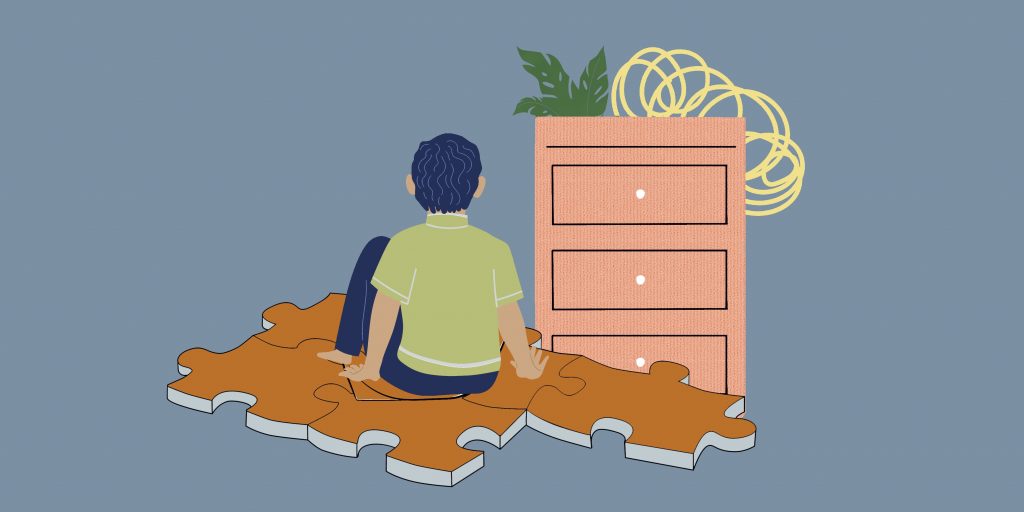Parenting a special needs child can be very challenging (also, ice can be very cold and water can be very wet). I have written about how lucky I feel that my son is exactly the way he is. But I feel like the challenges need to also be mentioned – it is not all hugs and tickles.
Here are some differences between parenting a special needs child and parenting a neurotypical one.
You Need Olympic Level Parenting Skills
There are many parenting styles. There are helicopter parents and free-range parents. There are easy-going parents and strict parents. A lot of this is cultural and generational, and the long-term outcomes don’t seem to change very much despite all the controversies involved.
My parents never let me play computer games, rarely let me watch TV, and took me to two different tutors every week. I rarely spent time with my friends outside school because I was very busy studying, and so were they. I was an only child for a long time and raised to do a lot of the housework – I even often made my mum’s lunch for work. There was also a lot of pressure about my school work – if I didn’t come in the top 10 for something, my mum would tease me for being a C-grade student. If I did come in the top ten, my parents would remind me to maintain it next time.
Both my parents always worked full time and I was a latch-key kid. The first time my parents left me home alone for a few hours was when I was three years old. And yet I survived.
I got a full scholarship, kept it, did well in the HSC, had a great group of friends throughout high school and beyond, and am totally ok now. I did not grow up cold or distant and have not been scarred by the experience of having a working mum. I was actually always very close to my mum and we were good friends until she passed away ten years ago.
My husband’s upbringing was the exact opposite of mine. He was one of four siblings with a mum that worked part-time and a large family. I had three cousins in total, and mostly they were in other countries. He had about 60 and he saw them every weekend.
His mum drove him to school and to the sport. He did a lot of sport, played a lot of video games, and watched a lot of TVs. On the weekends and after sport he talked trash with his siblings and ‘hung out. He had no tutors and didn’t worry too much about all that because of how naturally bright he was. He wasn’t pushed to study at all (by my standards), but went to a good school and had a natural drive that meant he just did it anyway, especially as he got older.
He also grew up just fine, got into his chosen course at uni, and has a wonderful relationship with his family and great friends.
He ended up working at a parallel street to me in the city, about 200m away from me. We ended up, literally, in the same place.
So no matter how much our parents would strongly disagree with each other’s parenting styles (and they definitely would), it made no difference. We both grew up fine. I’m sure they pat themselves on the back for certain choices they made and regret other choices, but odds are it would have made very little difference in the long run.
With a child on the spectrum, the difference can be huge!
The outcomes are wildly different depending on when ASD is diagnosed, what early intervention you use, how much of it you do, and how much parents are involved. The starting point is important too of course, and you can’t control that, but what you do with your child can make an enormous difference, much bigger than in a typical one. That’s why we always feel so much pressure to be perfect and get everything right.
It’s much more expensive
I am scared to look at my therapy bills, but I’m pretty sure by the end of this year they will be in the five figures. Just for one year. Well into the five figures. Swimming in five figures and coming halfway to the six figures mark actually. And that’s not even counting the fact that I have not been able to work so that I can both participate in his therapy and oversee it.
Sigh, my pretty, pretty money. Think how many Jimmy Choos I could have bought with that? Or more likely, how many mortgage repayments I could have made…
I know that in the long run, this will be a great investment and that of course, my son’s well-being trumps any kind of expenditure. I will mortgage five houses if I need to (I don’t have five houses, but I’m willing to mortgage other people’s houses if anyone is offering). I will sell a kidney – yes that’s my one you saw on eBay. Because in the end, it will be the difference between my child spending the rest of his life staring at his fingers and being able to go to a normal school, graduate high school, and get a job.
Sure, the government helps with bills – but it’s like a drop of rain in the Sahara Desert – here and gone within three seconds. The NDIS will contribute more, once it comes in (supposedly this year in my suburb, but I’m not holding my breath). But the bulk of the financial burden will still be on our family.
We are helicopter parents on steroids
I have noticed that my friends and family fall into two main parenting camps – the ones whose lives revolve around their children, and the ones who make their children fit around them. The first ones will go to dinner early because their kids need to, and will be home in time for bath and bed. The second type will go to dinner when they feel hungry and if their kid falls asleep on their lap at the table, with no bath or pajamas, that’s fine.
As an autistic parent, you become so obsessed with a routine that you make Sheldon Cooper look easy-going. Our friends and family probably all think we’re obsessing about nothing. When it’s time for Michael’s nap, we just don’t leave the house. If we have to, we look for an absolutely quiet location with no light and with no small children in a 2km radius. We are home for bath time, no matter what. If the world is ending and there is a zombie apocalypse at roughly 7.30 pm, you will still find us giving our son a bath and giving him his melatonin.
We also never let him out of our sight. While everyone else is relaxing at the playground watching their kids run around, we are never more than 2m away from our kid. This is because he doesn’t run around us so much as he runs away. And onto the road. And wants to explore what a car looks like when it’s moving quickly towards him.
Why are we like this? Because if we aren’t, our world falls apart. The consequences are worse than a zombie apocalypse – they are roughly on a par with Mt Vesuvius erupting on our heads, with a side of the 1931 China floods. There are meltdowns, therapy is thrown out of whack and our son runs around the house so tired he bangs his head on the walls.
We can’t relax, ever
Any kind of parenting is exhausting. Your little heart is running around outside your body and you are aware of it 24/7 – you know when it is sad, hurt, and you are always aware of how vulnerable it is. But with a typical child, this heart grows and becomes tougher. It learns not to run into the road, it learns how to talk and communicate its needs, what to do if it is hurt, how to brush its teeth. Eventually, at around school age, your little one becomes so independent – my parents told me when I was five they used to sleep in until 10 on weekends because I would just get up and start reading.
An autistic parent does not get to relax. We can’t just ask someone to watch our child, because they will have many special needs and it is practically impossible for someone that isn’t with them at least a few times a week, to know what they want. They often can’t talk, or understand spoken language. My little one is two and a half and still gets confused with simple commands like ‘turn around, ‘point’ or ‘wave’.
If I leave him with someone I already know even before I do it, what it will look like. The person will make demands of Michael that he just can’t do, then they will insist (I know everyone thinks I am just not firm enough with him, that he disobeys me on purpose) and he will cry. They will do things differently and he will not be able to explain how he wants them done.
Eventually, he will grow up and mature, especially with therapy. But it will take him a much longer time and will take much more work. When he was 29 months old he was assessed as being developmentally a 14 month old. This is a big average – his cognitive skills were those of an 18-month-old, his language skills those of a 6-month-old. With therapy, these numbers will increase, but it is a big unknown whether it will ever quite get to the level of his peers. What is certain is that he will struggle, and almost definitely be bullied and excluded. As his parent, it is my job to work on his therapy every moment of the day so that when the time comes, he will be as prepared for life as possible.
If you criticize us, be afraid
Have you seen House of Cards? If you haven’t (and I strongly recommend it) there’s a line that I love – it’s something like ‘if they won’t’ elect us out of love, let them elect us out of fear’. This is how I approach my interactions with other people on the subject of parenting. I am friendly. I like it when people like me, and I like making friends. But if they criticize me or don’t like my choices for some reason, and are stupid enough to let me know, then they should be afraid. Very, very afraid. If they don’t respect my choices out of ‘love’ they will have to respect them out of fear.
We spend hours every week researching the best school for our child, the best therapy, the best approach to each individual problem. We then try them all out carefully, trying to ascertain which will work best on our child. How much of what we say does he understand? How much can we push him out of his comfort zone? What does he enjoy doing this week? What will he enjoy doing if we encourage him? How much crying is ok? These are all things we consider very carefully and try to balance about five thousand considerations in every decision.
We have to be creative, patient, and have the energy levels of a cheetah.
To a normal parent, our decision-making will look like over-thinking at best and insanity at worst. Autism is sometimes hard to see, and it can look like our kids are just spoilt. Michael whinges whenever a kid comes up to him and I have had people tell me to just take him out more, that he is not used to being around others, and all we have to do to ‘fix it is take him to the beach more.
I have had so many people suggest that our entire problem with Michael is that he doesn’t go enough to playgroup or daycare. I am surprised that I have not punched anyone to this day.
So before you criticize our decisions or decide to ignore our instructions, just remember how hard we work and maybe give a little pause? If that doesn’t work think about how close we are to breaking point every day and be afraid.
